Market Trends
Key Emerging Trends in the Automotive Metal Casting Market
The automotive metal casting market has been witnessing significant trends that are reshaping the industry landscape. One prominent trend is the increasing demand for lightweight components in automobiles to enhance fuel efficiency and reduce emissions. As regulatory standards become more stringent worldwide, automakers are turning to metal casting techniques to produce lightweight parts such as engine blocks, transmission cases, and structural components. Aluminum and magnesium alloys are particularly favored for their high strength-to-weight ratios, making them ideal for applications where weight reduction is critical.
The automotive metal casting market is currently booming in the Asia Pacific region. Rapidly rising vehicle production in this region is one of the primary driving factors.
Another notable trend is the growing adoption of advanced casting technologies like high-pressure die casting (HPDC) and squeeze casting. These techniques enable manufacturers to produce complex geometries with tight tolerances, improving component performance and durability. HPDC, in particular, is widely used for manufacturing aluminum components due to its ability to achieve high production rates and precise dimensional accuracy. Squeeze casting, on the other hand, is preferred for producing components with superior mechanical properties, making it suitable for critical automotive applications such as suspension components and steering knuckles.
Furthermore, the automotive metal casting market is witnessing a shift towards sustainable practices driven by environmental concerns and consumer preferences. Manufacturers are increasingly investing in energy-efficient processes and recycling initiatives to minimize waste and reduce the carbon footprint of metal casting operations. Additionally, there is a growing emphasis on using eco-friendly materials such as recycled aluminum and low-carbon alloys, aligning with the automotive industry's sustainability goals.
In terms of market dynamics, Asia Pacific has emerged as a key region for automotive metal casting, fueled by the rapid expansion of the automotive industry in countries like China and India. These countries are not only significant automotive manufacturing hubs but also major consumers of cast metal components. Moreover, the presence of a vast network of foundries and skilled labor has further propelled the growth of the automotive metal casting market in the region.
On the technology front, digitalization and automation are driving innovation in the automotive metal casting sector. Advanced simulation software allows manufacturers to optimize casting processes, predict defects, and reduce development lead times. Automation technologies such as robotics and artificial intelligence are also being integrated into metal casting operations to improve productivity, quality, and safety.
However, the automotive metal casting market faces several challenges, including volatility in raw material prices, intensifying competition, and the emergence of alternative manufacturing technologies such as additive manufacturing. To stay competitive, manufacturers are focusing on enhancing their product offerings, expanding their geographical presence, and forging strategic partnerships with automotive OEMs.


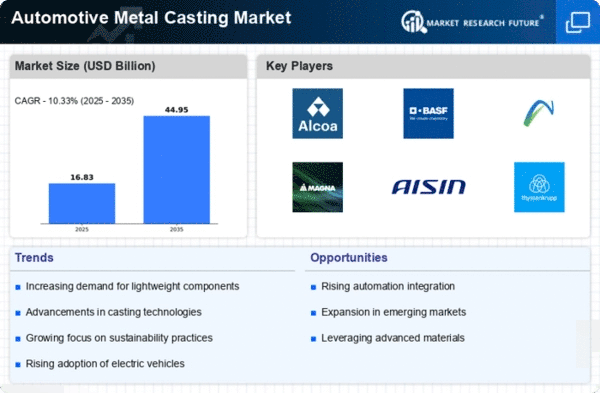
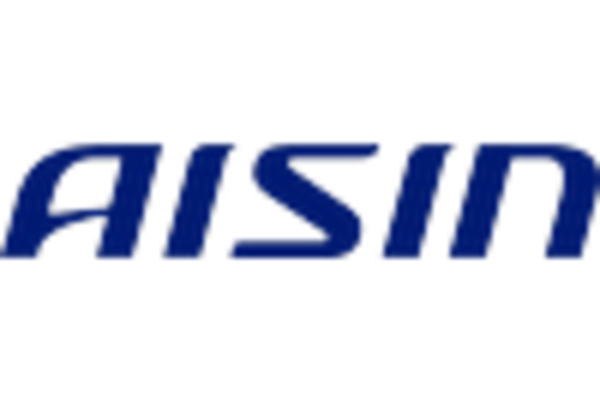
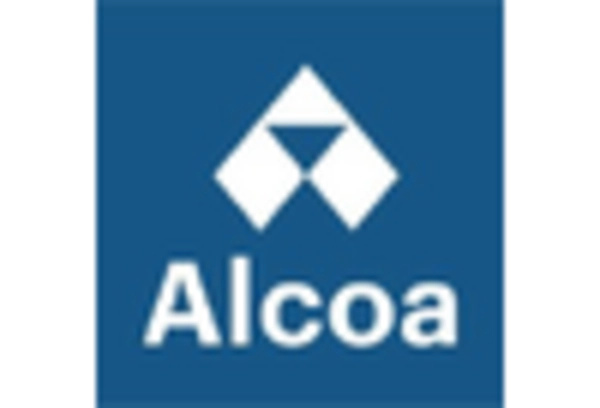

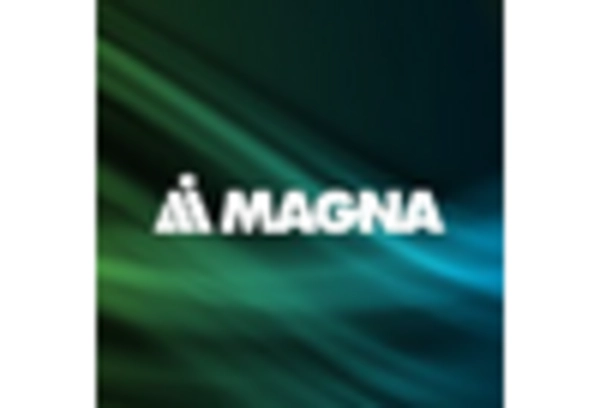
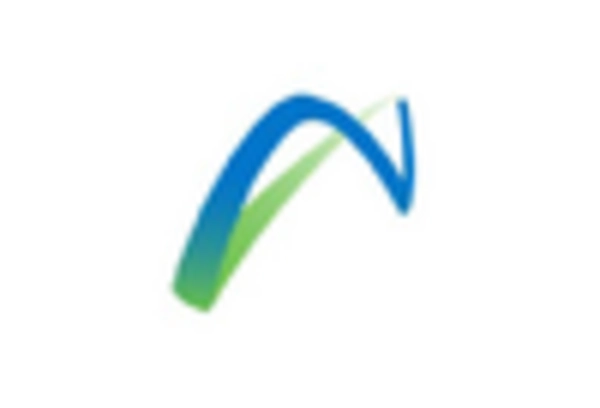
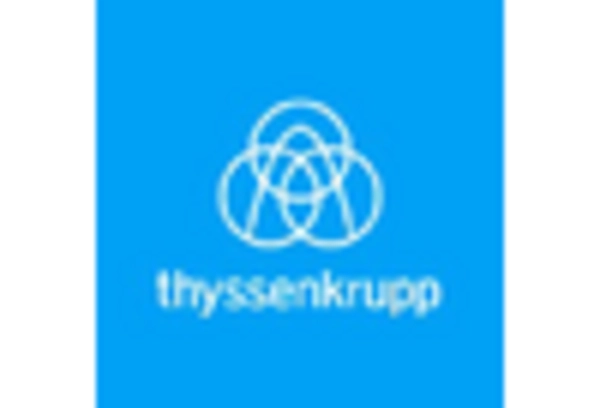









Leave a Comment